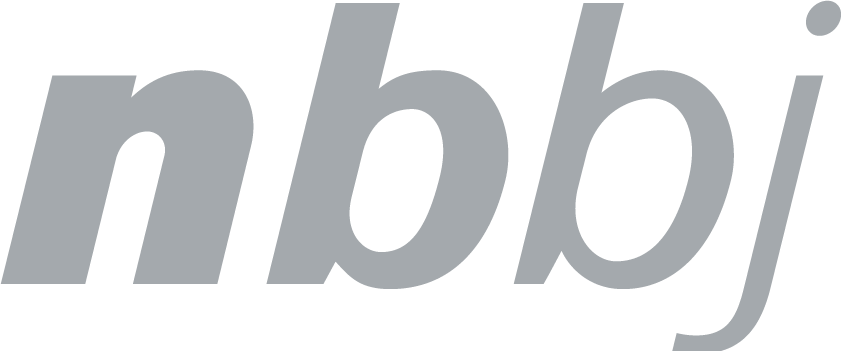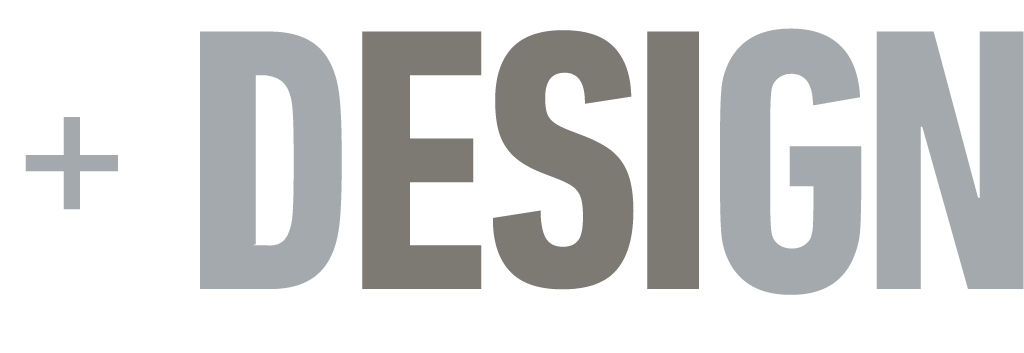Worldchanging Crowdsourcing
Posted April 26, 2010
One of the reasons I work at ESI is because I’m a passionate believer in the power of collaboration and open innovation to help solve the great global environmental and social challenges of our time, so my ears perked up today when I heard about the betcup challenge sponsored by Starbucks.
Drink coffee (or tea) on the go? In a paper cup? At five cups a week, the average North American consumes 250 cups a year, which adds up to 8 billion paper coffee cups being thrown away every year. Ouch. Unfortunately, travel mugs have been slow to transform the issue — consumers find them bulky, inconvenient and hard to clean.
Toby Daniels, community organizer and founder of betacup (started in May 2009), created a solution that recently scored a big win: Starbucks has agreed to sponsor betacup's contest to redesign the coffee cup experience. Not just the cup, but the whole experience around it. Starbucks has set an aggressive target for itself to serve all of its coffee in re-useable or recyclable cups by 2015, so it is hoping to get a lift from the power of the collective. The online contest, which runs from April 1 to June 15, 2010, invites designers, entrepreneurs, sustainability strategists, and everyday folks to submit concepts and ideas to the betacup website, hosted by jovoto.com, a mass collaboration engine.
The betacup challenge is one of many exciting platforms that have sprouted over the last year, aimed at accelerating the rate of new sustainable solutions through the power of collaboration. The Environmental Defense Fund operates the Innovation Exchange to help spread environmental solutions created through their corporate partnership program. Creative Commons, Nike and Best Buy joined hands last year to leverage open innovation through the GreenXchange. Pop!Tech Labs is also bringing together a select group of leading scientific researchers, engineers, designers, corporate leaders, policymakers, and other key stakeholders to innovate around a single topic of research in areas of vital importance to business, society, and the planet. The first lab on “Closed Loop Materials” will examine materials in a number of contexts, including the technical, green chemistry, supply-chain, policy incentives, industrial scaling, intellectual property, and collaboration issues involved.
We are surrounded with insurmountable opportunities when it comes the big issues of our time. It is exciting to see NGOs, corporations, community organizers and regular citizens work together to drive change through the power of collective action. It can start with something as simple as a cup.


Join The Conversation